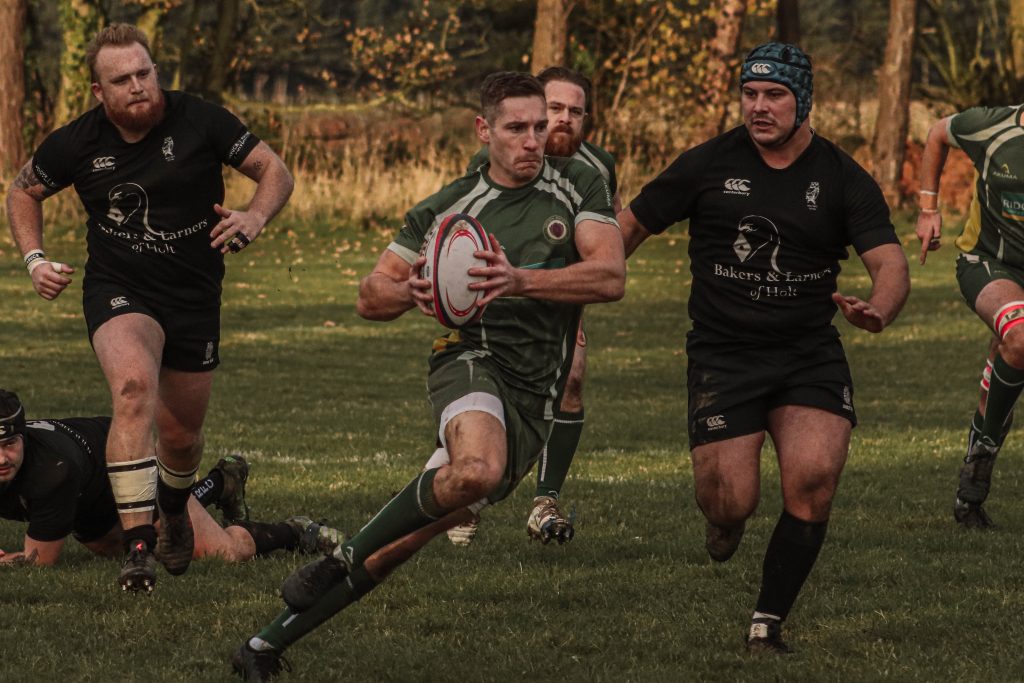As clubs struggle to field teams, Stephen Hughes asks how a scheme being piloted in New Zealand could help Wales’ rugby communities.
It’s that time of year when the mantra of Wales being a rugby mad nation resurrects itself and anticipation for what the sport can bring to our small country reaches fever pitch levels.
On first glance, a decade of success for the national side suggests that rugby finds itself in a healthy condition in Wales. Yet, venture to one of Wales’ many grassroots rugby clubs and there is a very different story unravelling.
Although most continue to boast thriving junior and youth sections, clubs across Wales, particularly in the lower divisions are increasingly struggling to retain players at senior level. The reasons for this emerging trend are best summarised in a word; commitment. Whether it’s having to work weekends or not being motivated enough to build a Sam Warburton-esque physique in the gym, more adults simply don’t have the time or energy to dedicate themselves to rugby.
As someone about to leave university, I can sympathise with those who choose to hang up their boots at this age. I’ve been fortunate to play college rugby at Cambridge, where the standards are relaxed, the players aren’t giants and the rugby is terrific. But as graduation beckons, my enthusiasm for continuing to senior level wanes.
I don’t wish to stop playing, but neither do I want to commit on a weekly basis to getting battered and beaten. This is compounded by the lack of clubs now able to field a second team for players in this very position. The challenge therefore is how do we keep this section of the population engaged and participating in the game?
Perhaps unsurprisingly, New Zealand is taking a lead on this issue by piloting a national club competition for players weighing less than 85kg. With the tournament rounds designed to be played every few weeks as opposed to every weekend, the hope is that this innovation can reach those who juggle other commitments or just want to play on a casual basis.
Whilst weight restrictions is a notable feature of New Zealand’s junior and provincial structures, this is the first nationwide competition for adults and has gained the endorsement of former Wales and All Blacks coach Graham Henry. Whilst it remains in its infancy and its potential yet to be realised, I believe Wales should take notice of such an initiative designed to offer softer entry points to the sport we continue to cherish.
To their credit, the WRU have made impressive strides in terms of widening participation. Take women’s rugby for instance where player numbers surged from less than 200 to nearly 10,000 between 2015 and 2018. With ex-Wales captain Ryan Jones heading up efforts to grow the game, there is clearly a great opportunity to experiment and make our cherished sport relevant to more people’s sporting lives, for longer.
Syniadau uchelgeisiol, awdurdodol a mentrus.
Ymunwch â ni i gyfrannu at wneud Cymru gwell.
Over the summer, I conducted my dissertation research into how rugby’s relationship with identity and community is changing in my home town of Llanelli. Those I spoke to were both anxious and sanguine for the sports future, with many recalling a time when local teams could field multiple senior sides. Naturally and perhaps inevitably, times have moved on and Wales now has the luxury of boasting successes in multiple sports with successes in the Euros and the Tour De France.
Nevertheless, rugby retains an historic and popular connection with many communities in Wales and this is something we should be proud to preserve. The days of rugby in the winter and cricket in the summer have long ceased to be a reality, but this doesn’t mean there aren’t ex-players out there who could be enticed back with something akin to New Zealand’s experiment.
Whilst weight restrictions obviously can’t answer all of the challenges facing the grassroots game, they could be a fruitful way to retain a sense of pride and competition between local communities. Moreover, as Graham Henry points out, this isn’t just about attracting players but also those who could become the coaches, referees and committee members that many local clubs are crying out for.
If the sport is to survive then, it must be prepared to adapt to the new hobbies, schedules and expectations of today’s Wales. So in four years’ time when our national team head to South Africa for the World Cup, judge the strength of our sport not on the performances of Josh Adams and co, but on the vitality of our proud rugby playing communities.
All articles published on Click on Wales are subject to IWA’s disclaimer.





